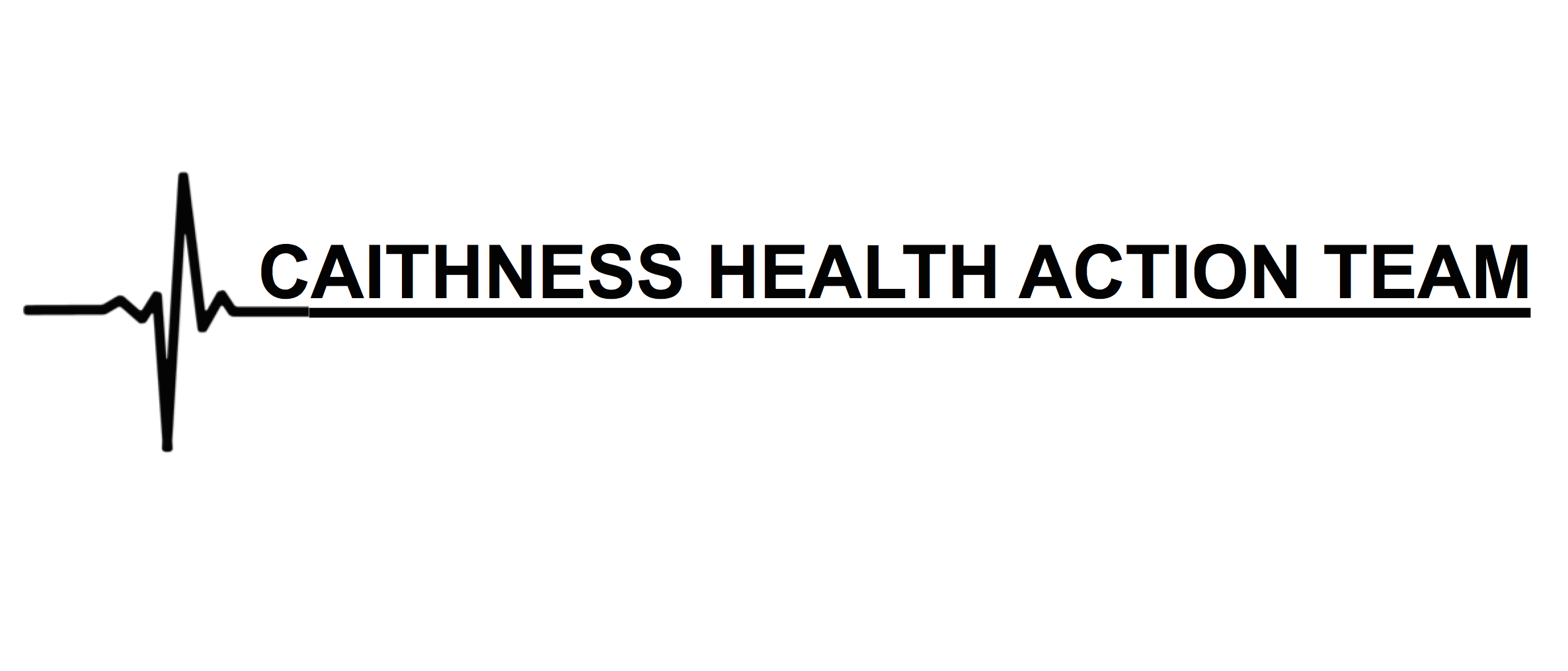First published on 1320Radio in 2016 – author unknown
Is Caithness part of Scotland’s brave new future as a creative and innovative small country, or not? People living in Wick and Thurso and communities in the far north of Scotland have a right to know. If the decision by NHS Highland to cut maternity services in the nether reaches of the region are anything to go by, then it would appear not.
The furore surrounding the diktat that expectant mothers deemed at risk, and/or requiring specialist obstetric care are to be denied a fully functioning maternity service is evidence that provision means centralisation at the expense of community care.
In short, pregnant women living in Wick, Thurso or in any of the scattered villages in the flow country who may need special obstetric care, including Caesarian section, will have to be transported more than one hundred miles to Raigmore Hospital in Inverness. ( See also: http://www.bbc.co.uk/news/uk-scotland-highlands-islands-38141972).
The implications of this arrangement go beyond mere inconvenience for women who may have to be removed by ambulance in a part of Scotland that does not enjoy the benefits of a modern road network. These new mums can look forward to very challenging weather conditions in most winters, and worse still, pre and post-natal facilities, which already fall short any kind of gold standard will be further downgraded.
If the NHS leads the world in healthcare, then Caithness, and other areas like it, must not be left behind simply because successive governments failed to get to grips with infrastructure and equal access to prosperity across the nation.
Expectant mothers judged to be carrying healthy pregnancies to term will see a midwife from the Community Midwife Unit (CMU) on a regular basis, but access to consultant level oversight will, by inference, be severely limited. This model of care it is suggested has been born of necessity due to tightly squeezed financial resources that are spread thinly and affect everyone.
There is truth in that, but that doesn’t make the situation in Caithness acceptable. It would not be acceptable in the middle of a dense conurbation and it is not acceptable in our more remote communities. The overarching truth is that the NHS exists to care for all members of the community on an equal basis and on the basis of clinical and pastoral needs; and least of all on where you happen to be born or where you live now.
This is Scotland. This is the twenty-first century. Caithness is in Scotland. Scotland is still in the U.K. It will be in the U.K., one of the largest economies in the world, for the foreseeable future. That last sentence is the central plank of the Scottish government’s pre-Brexit position.
It cannot be right that an aspiring nation state should make so many claims for its forward thinking approach while at the same time telling its citizens that it must accept 19th century healthcare provision.
Scotland is a modern place, but it cannot be more modern for expectant mothers and their newborns in Inverness, Aberdeen, Edinburgh, Dundee, Glasgow and Perth than it is for people in Wick, Thurso, Lewis, Banff, or John O’ Groats.
Are we not all Jock Tamsen’s Bairns? 1320Radio is not a campaigning station, but abdication of a fundamental (and much vaunted) precept of Scottish identity cannot go by without comment from a platform that supports and extols the virtues of modern Scotland.
All lives matter. Everyone deserves a chance, and everyone has a stake in the country. If that’s the case then expectant mothers in Caithness deserve the very best of care as outlined in the key drivers (http://www.gov.scot/resource/doc/337644/0110854.pdf Page 5) for maternity care that others elsewhere receive without the question of location or demographic makeup.
That means recognizing: “The fundamental and critical importance of workforce planning and development to ensure that all women and their babies are cared for by the right team of people, with the right skills, in the right place, every time.” Their words, not mine.
The CMU model has been deemed ‘successful’ by those who implemented it elsewhere in Scotland, but their benchmark position seems to be the least cost option with the least likelihood of avoidable mortality. In other words, everything is alright until it goes all wrong.
Yet, the expectation of localized services in Scotland, not just in maternity, but also in other areas of treatment and care, has been eroded to the point where the NHS in Scotland does not function nationally. It has become metrocentric, myopic and authoritarian, and patients in rural and semi-rural communities routinely spend far too many unnecessary hours on the road in taxis, on buses and in cars between home and hospital They all too often experience a long wait for transport and a long journey home in the dark, or in bad weather.
The starting point for the NHS in Scotland ought not to be not makeshift, but marvellous, not least because that is the experience for most of us living in larger cities and towns. Caithness, and Scotland as a whole, should not accept anything less.
It’s not about money now, it’s about the kind of Scotland we want, and how hard we are prepared to strive to get it. This story needs to be followed up fully by our national press. They should be pressing this question, and others like it, because they are local stories that speak volumes about the future we are offering to the next generation of Scots, wherever they are likely to be born and raised.
